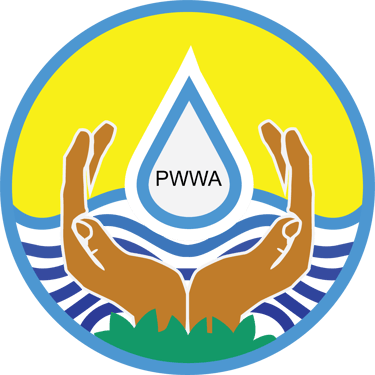

The Pacific Water and Wastewater Association (PWWA) runs several impactful programs aimed at addressing water and wastewater challenges in the Pacific region. These programs collectively aim to strengthen the water and wastewater sector in the Pacific, ensuring sustainable and resilient solutions for the future.
THESE INCLUDE :
Capacity Building:
Capacity building within the Pacific Water and Wastewater Association (PWWA) is a fundamental program aimed at strengthening the operational and technical capabilities of water utilities in the Pacific region. It involves delivering training, workshops, and technical assistance to enhance the skills and expertise of water utility professionals. The program fosters knowledge exchange, equips utilities with best practices, and provides tools for improving efficiency and sustainability in water and wastewater services. By addressing skill gaps and promoting collaboration, capacity building supports the development of resilient water systems that can adapt to challenges such as climate change, ensuring long-term water security for communities across the Pacific.
Young Professionals Program:
The PWWA Young Water Professionals Program is a transformative initiative aimed at nurturing the next generation of leaders in the Pacific's water and wastewater sector. This program provides tailored training, mentorship, and networking opportunities to young professionals, empowering them to take on leadership roles within their utilities. By fostering innovation and collaboration, the program equips participants with the skills and knowledge needed to address the unique challenges of water management in the Pacific region. Through workshops, conferences, and peer-to-peer learning, the initiative not only enhances individual growth but also strengthens the overall capacity of the sector, ensuring a sustainable and resilient future for water and wastewater services in the Pacific.
Annual Conference:
The PWWA Annual Conference is a flagship event that brings together water and wastewater professionals, policymakers, and industry experts from across the Pacific region and beyond. It serves as a vital platform for discussing challenges, sharing innovative solutions, and fostering collaboration to enhance water and wastewater services. The conference features workshops, technical sessions, policy dialogues, and exhibitions, offering participants valuable opportunities for networking and capacity building. By addressing critical issues such as climate change, water security, and sustainable development, the event contributes to strengthening the resilience and efficiency of the water sector in the Pacific.
Advocacy and Policy Development:
The Pacific Water and Wastewater Association (PWWA) actively engages in advocacy and policy development to promote sustainable and resilient water and sanitation solutions across the Pacific region. Through initiatives like the Pacific Water Ministers Forum, PWWA collaborates with regional leaders to prioritize water security and align efforts with the Sustainable Development Goals (SDG), particularly SDG-6, which focuses on clean water and sanitation. The association works closely with governments, utilities, and international partners to influence policies, secure funding, and address challenges such as climate change and infrastructure development. By fostering partnerships and sharing best practices, PWWA ensures that water and wastewater management remains a key focus for regional and global stakeholders, driving progress toward a sustainable future.
Benchmarking Program:
The PWWA Benchmarking Program is a vital initiative aimed at enhancing the performance and sustainability of water utilities across the Pacific region. By adopting tools from the International Benchmarking Network for Urban Water and Sanitation Utilities (IBNET) of the World Bank, the program enables utilities to collect, analyze, and compare performance data. This includes indicators such as gender, water and wastewater coverage, quality, cost recovery, and technical efficiency. The program fosters transparency and accountability, helping utilities identify areas for improvement and develop strategic plans. Additionally, it supports knowledge sharing and capacity building among member utilities, while also attracting investment by showcasing reliable performance data. Since its inception, the program has been instrumental in driving progress and resilience in the Pacific's water and wastewater sector.
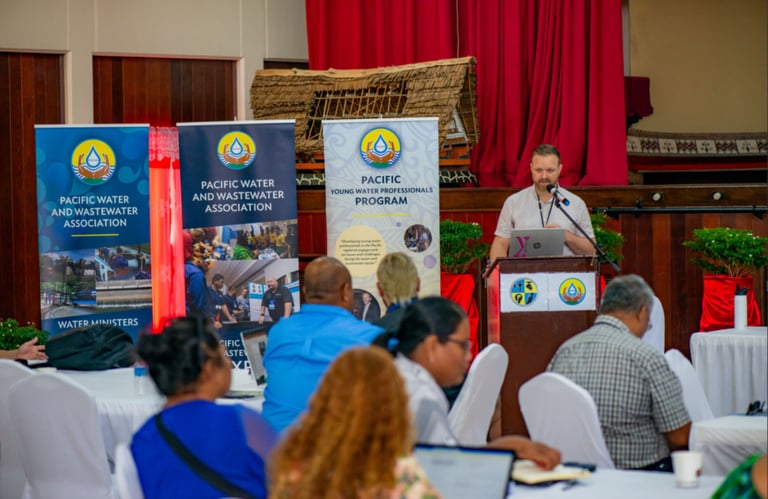

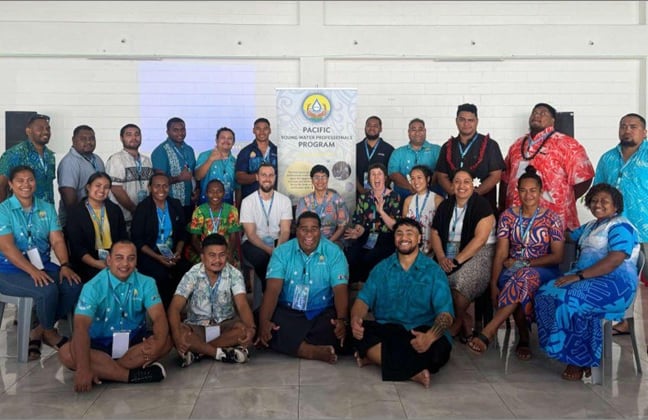

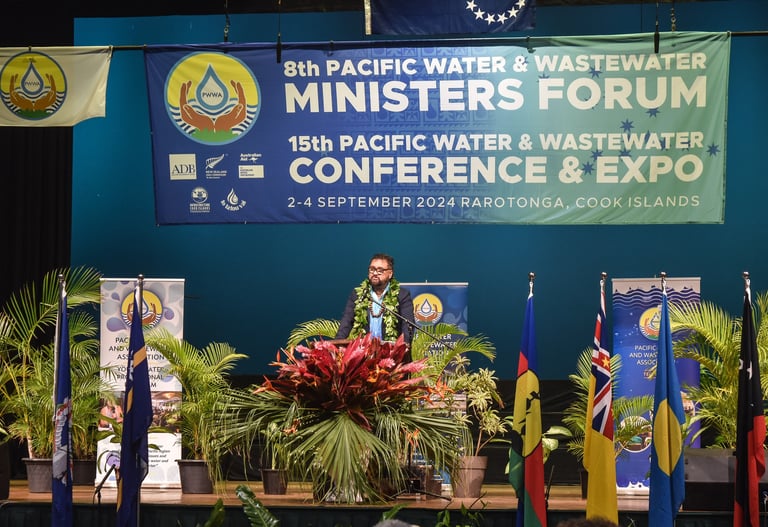

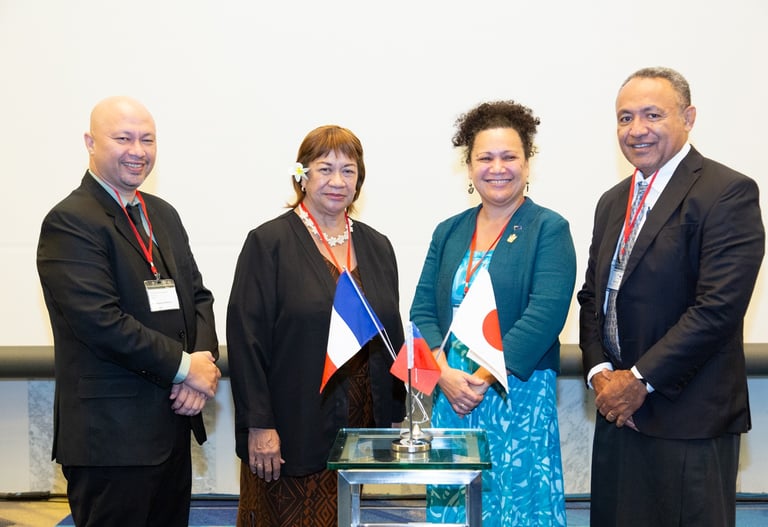

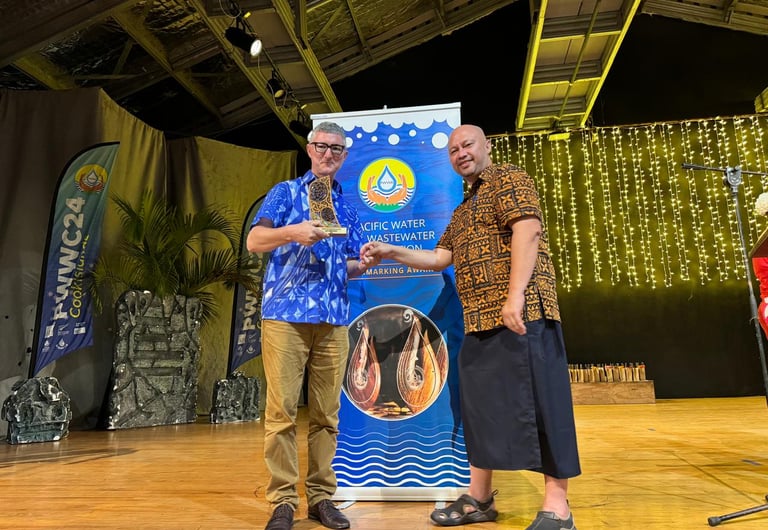

"Building Resilient Water Systems for Pacific Island Communities"

